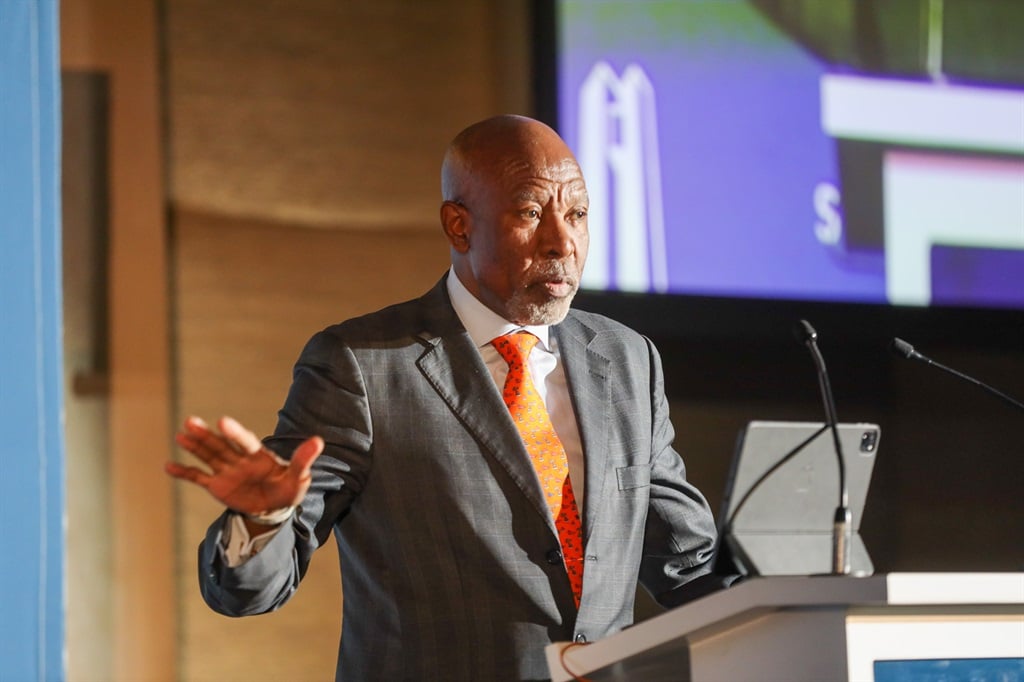- Billionaires poured millions of dollars into presidential super PACs in August
- 'Pirate birds' force other seabirds to regurgitate fish meals. Their thieving ways could spread lethal avian flu
- How a doubling of sentence lengths helped pack England's prisons to the rafters
- Many people in the Pacific lack access to adequate toilets—and climate change makes things worse
- Is life getting better for China's tech billionaires?

Poverty premium on energy costs impacts poorer households
People living in poorer households are more likely to face higher energy costs than those who do not, a study shows. Those in low income households are more likely to pay more for their basic energy tariff and also incur higher costs per unit of energy compared with more affluent households, research suggests.
The study found people can incur higher premiums through multiple pathways—including the use of non-standard billing methods such as prepayment meters. Other factors which increased the likelihood of higher premiums include the presence of children or unemployed adults in a household and living in rented accommodation, an apartment or a flat.
On average, poor households paid between 10 to 20% more per unit than higher income households for both gas and electricity, between 2011 and 2019, the research found. Researchers say the findings shed light on the average premiums incurred by poor households, and could aid targeted policy interventions.
A team at the University of Edinburgh applied statistical methods to two large datasets, to measure how much people from poorer households pay for their gas and electricity use, and the drivers that lead to higher costs. The paper is published in the journal Energy Economics.
Researchers merged two sets of UK household data with figures from the UK Government's National Energy Efficiency Data-Framework (NEED). They combined the data with a statistical theory in a new approach to assessing the energy premiums faced by those in poorer households.

- September 22, 2024
Regulation of fintech needs to promote stability, innovation



- September 21, 2024
Interest rates: Economists split on how deep cuts will go

- September 21, 2024
Massive Crypto Heist: Here's How Two Suspects Were Nabbed In $230M Theft



- September 21, 2024
KTDA moves to restore order in tea bonus declarations

- September 22, 2024
What is Forex Leverage: A Comprehensive Guide for Traders


- September 21, 2024
Trailers and weighbridges: The untold story

- September 21, 2024
Zero Emissions Day Calls for Awareness to Reduce Carbon Footprints
Subscribe to our mailing list to get the new updates!

Subscribe our newsletter to stay updated
Thank you for subscribing!


